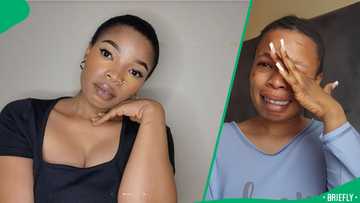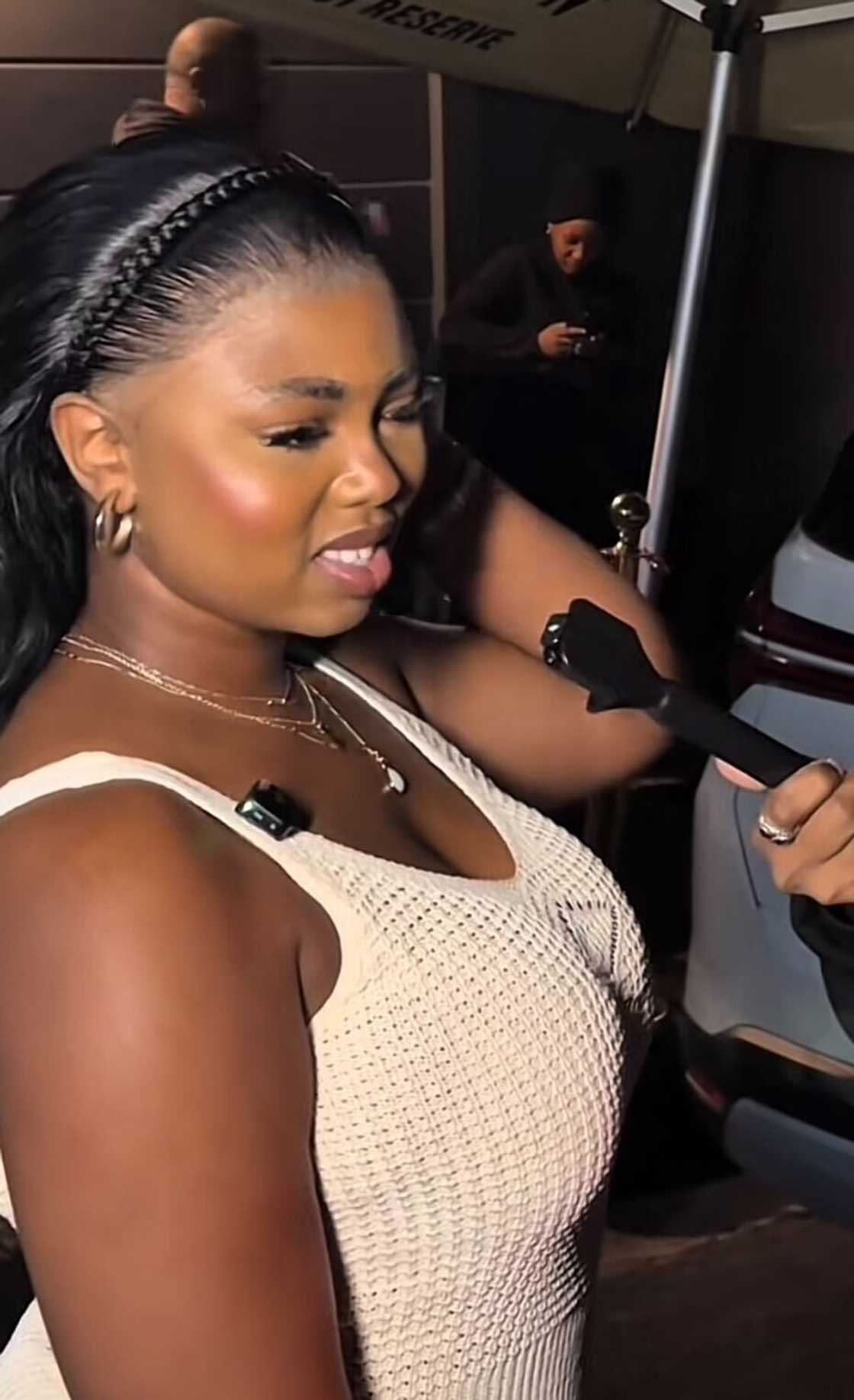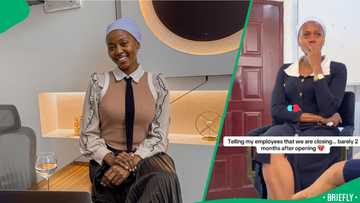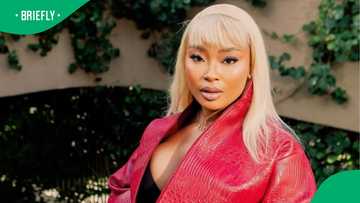"It’s Very Light": SA Women Share Monthly Allowances They Expect, Ranging From R2,000 to R10,000
- A social media discussion about monthly allowances in relationships sparked a lively debate, with women sharing their varying expectations
- The women's responses ranged from R2,000 to R10,000 per month, revealing different attitudes toward money and relationships
- The debate has divided online viewers, with some arguing that expecting allowances promotes financial dependence and others seeing it as a sign of care and responsibility in a relationship
- Briefly News spoke to certified relationship expert Paula Quinsee, who shared insights into monthly allowances in relationships
A lively debate erupted online after a group of women openly shared the monthly allowances they expect from their partners during a discussion on social media.

Source: TikTok
The conversation, centred on relationships and financial expectations, left viewers divided over the ladies' responses.
The host, a male presenter, posed the question in a video shared on TikTok under the handle @heartless.teen, saying:
“If your man wanted to give you an allowance, would you take it, and how much should it be?”
The women's responses varied widely, revealing contrasting attitudes toward money and relationships.
The first woman quickly set the tone by stating that her basic expectation would be R10,000 per month. She insisted the figure was reasonable, explaining that it was merely enough to cover essentials.
“It’s not much, very, very light,” she said confidently in the video that was uploaded on 28 August 2025.
Her answer prompted the host to jokingly label her a "high-maintenance girl.” She immediately rejected the label, insisting that R10,000 was simply “the basic for everything.”
In contrast, another participant said she would be comfortable receiving between R2,000 and R3,000 monthly, noting that smaller contributions still made a difference. A fourth woman, however, declined the idea altogether, explaining that she would prefer financial independence rather than depending on a partner for money.
The final participant took a middle ground, saying she would accept an allowance if her partner gave her, but it was not something she considered a must from her man, she explained.
The TikTok video of the social media user @heartless.teen quickly went viral, sparking mixed reactions from viewers. Some argued that expecting allowances promotes unhealthy financial dependence, while others saw it as a reflection of care and responsibility within a relationship.
What you need to know about monthly allowances in relationships
Briefly News spoke to certified relationship expert Paula Quinsee, who shared insights into monthly allowances in relationships. She shared the following:
"Having financial goals and boundaries in place, such as a monthly allowance, can create structure when it comes to shared finances, which helps to reduce conflict over spending, and support for a stay-at-home partner who contributes in non-financial ways."
She added:
"However, allowances can also reinforce power imbalances if one partner controls the money and financial decisions, creating a dependence on the partner with the financial means. A healthy way of tackling this would be a collaborative approach where both partners have autonomy and say in financial decisions, whether it’s joint accounts and allowances, which feels fair to both parties."
Mzansi weighs in on girlfriend allowance
The online community took to the comments section to share their various takes on girlfriend allowance, while some dragged the women, saying:

Read also
"This is a valid crash": Emotional woman quits job search after humiliating experience, SA moved
Mbali said:
"It’s very important to have present parents, so we don’t go around expecting 10K from men."
Tembisa police station added:
"Even R500 is a lot of money."
Yollie Yollz shared:
"Mna, shame R1k is enough from a guy, but ke I understand that we have different lifestyles, and mine is very simple, 1k is enough, and I would appreciate it from the bottom of my heart."
User expressed:
"10k lady would've gone to Russian if she was approached."

Source: TikTok
Watch the video below:
3 Briefly News articles about budgeting
- A local accountant who teaches people how to save money shared a monthly breakdown of a local household with monthly expenses of over R64K.
- A woman who knows how to budget walked into Shoprite with R30 and came out with a full lunch, water and a dessert.
- A money-savvy woman unpacked her R199 Shoprite grocery hamper, sold in a 20L bucket, which consisted of noodles, salt, baked beans, tea, milk, spaghetti, sardines, beans, and many other items.
Source: Briefly News

Johana Mukandila (Human Interest Editor) Johana Tshidibi Mukandila has been a Human Interest Reporter at Briefly News since 2023. She has over four years of experience as a multimedia journalist. Johana holds a national diploma in journalism from the Cape Peninsula University Of Technology (2023). She has worked at the United Nations High Commissioner for Refugees, PAICTA, BONA Magazine and Albella Music Production. She is currently furthering her education in journalism at the CPUT. She has passed a set of trainings from Google News Initiative. Reach her at johana.mukandila@briefly.co.za

Paula Quinsee (Certified Relationship Therapy Educator and founder of Engaged Humans) Paula Quinsee is the founder of Engaged Humans, facilitating connection between individuals and organisations to create a more human-connected world. She is a certified Imago Relationship Therapy educator and facilitator, NLP practitioner, PDA analyst, coach and trainer. Paula is also the author of two self-help guides - Embracing Conflict and Embracing No - as well as an international speaker, advocate for mental health and activist for gender-based violence.


